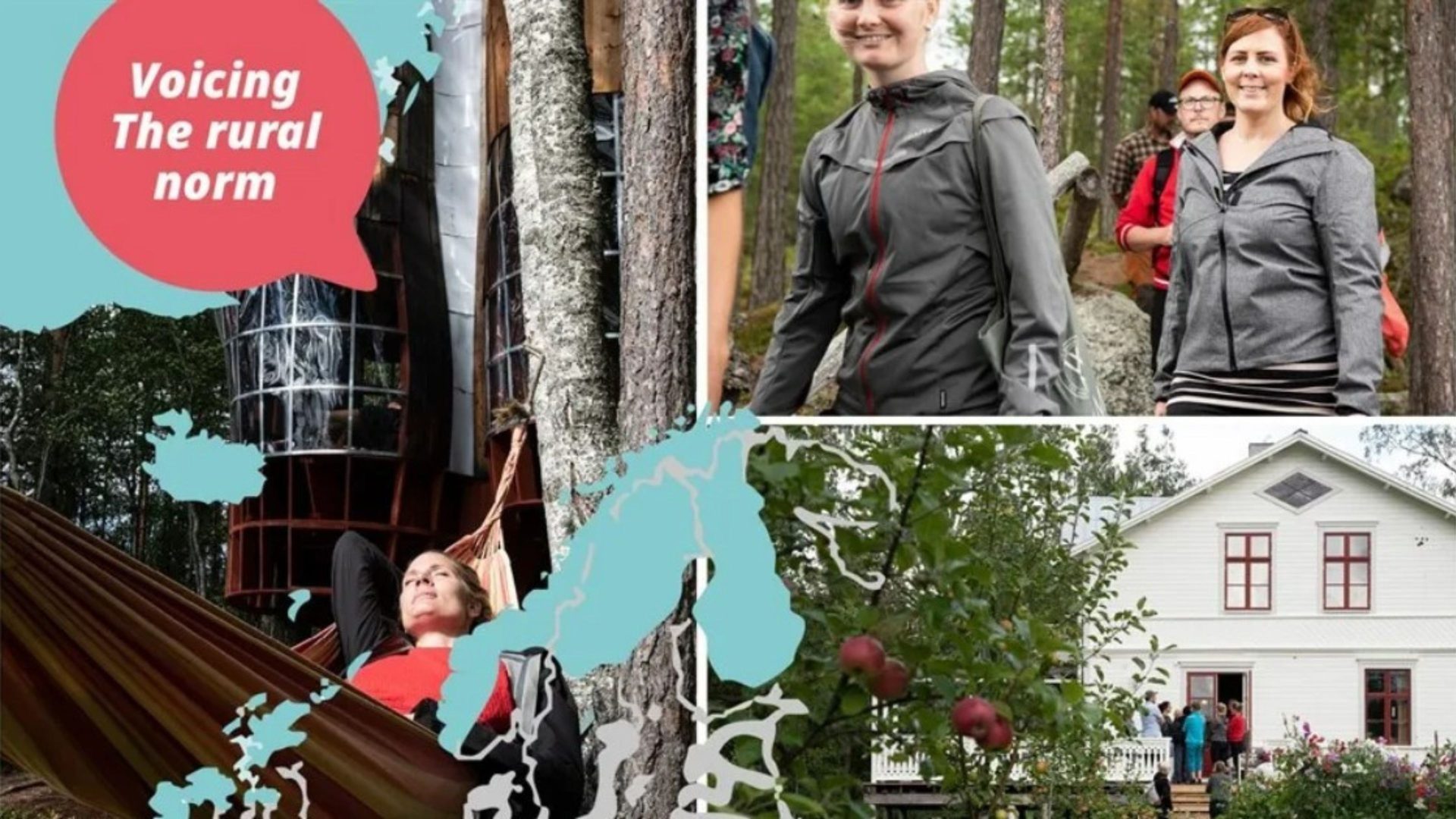
Listening to rural social entrepreneurs in a new study
Where public sector interventions and private companies don’t reach, local communities often place their hopes in initiatives from local social entrepreneurs. Now the differences and similarities in social entrepreneurship in Sweden, Norway, Scotland and Ireland will be studied.
A social entrepreneur wants to do good, driven not to maximise profit but to contribute to development in their local community. “We want to investigate what support and what conditions are required for social enterprises in rural areas to be able to develop and prosper,” says Yvonne von Friedrichs, professor of business administration and project manager.
Through the EU-funded feasibility study “Business Models Empowering Rural Social Entrepreneurship – voicing the rural norm” within the Northern Periphery and Arctic Programme, which was recently launched, researchers will study how social entrepreneurship can be stimulated and developed in rural areas.
A special focus will be on young people and women’s opportunities to get involved as social entrepreneurs.
“When community functions are centralised, they often disappear from more peripheral parts of a region. This is when local initiatives can create opportunities for young people to stay in the countryside as entrepreneurs, or for those who have moved away to return. It’s often women who are first to move away,” says Yvonne by Friedrichs, “so providing support around starting a rural enterprise can be crucial in enabling them to move back.”
The researchers will conduct surveys in Europe’s northern regions in the four participating countries and then interview successful social entrepreneurs who can share their experiences. The work also includes building knowledge about how the public sector and business organizations work to facilitate the establishment of social enterprises.
The feasibility study will be completed by the summer and the goal is for the work to lead to a major EU project on social entrepreneurship. The work is carried out by researchers at Mid Sweden University in collaboration with Coompanion and the municipalities of Östersund and Härnösand in Sweden, CBT Competence in Norway, Social Enterprise Academy Scotland and Udaras Na Gaeltachta in Ireland.
Pelle Persson, Coompanion.We want to learn from each other and are convinced that it is possible to find new solutions to old challenges. By involving social entrepreneurs, civil society, business advisers and academics in the different countries, we will get a broad knowledge base to be able to identify ‘best practice’ in how to support this industry.
